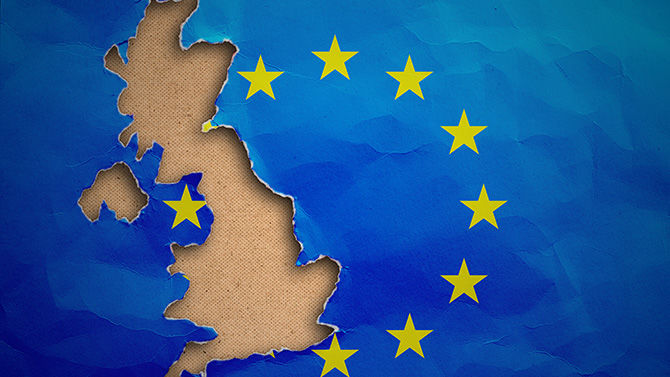Over 70 UK senior executives and business leaders have signed a letter calling for a second vote on Brexit. Signatories include James Daunt, the chief executive of Waterstones and Sir Mike Rake, former chair of BT Group.
The letter was published by the Sunday Times last week and argues that the current route that negotiations are taking won’t allow for the frictionless trade with the EU that was previously promised. The appeal comes amid growing concerns that the Teresa May could fail to come back with a viable Brexit deal, or even any deal at all.
Others who signed the letter include the former chairman of Marks and Spencer, Lord Myners, as well as the Co-founder of Innocent Drinks, Richard Reed and former chief executive of Sainsbury’s, Justin King.
Whilst the overwhelming majority of outspoken business leaders have been anti-Brexit since the start, there are some who welcomed the result of the referendum. James Dyson, the billionaire behind the revolutionary vacuum cleaner, predicted over a year ago that the UK would leave the EU with a no deal. Whilst he’s not the only person to envisage such a result, he is one of very few arguing that a no deal would ‘hurt the Europeans more than the British’, in an interview he gave with the BBC.
Despite the weight behind the People’s Vote campaign and the support from significant UK business leaders, Teresa May remains adamant that a second vote on Brexit is out of the question and says that such a vote would be a ‘gross betrayal of our democracy’. This begs the question – do the bosses of the UK’s biggest businesses currently hold influence over government policy?
Well, it would seem that they do. When Teresa May moved into 11 Downing Street she disbanded her business council, that is, a group of business leaders set up to help advise the government on policy. However last week the Prime Minister set up not one, but five new business councils to give her ‘high-level advice and policy recommendations’, which should allow businesses to have more of a say in what a final deal may look like.
However, some fear that adding more voices to the mix will do little to help May’s negotiations advance. Others highlight the fact that it could have made more sense to create business councils earlier on in the process, rather than just a few months before we leave.
With deadline day looming and still no clear solutions to key issues such as the Irish border, it looks like there’s a lot of work to be done if Teresa May is to come back with a deal that satisfies most UK business leaders.
Whilst it may be impossible to get everyone on side with her deal, the Prime Minister could benefit greatly from having a clear plan – one which businesses aren’t at all afraid of. After all, business confidence is a key determinate in economic performance and the writing of this letter is proof that currently, businesses are far from confident.
Will Southall

